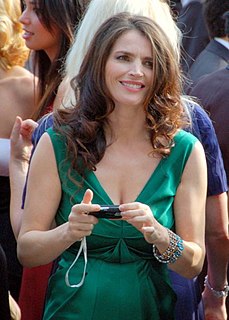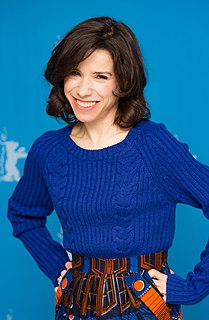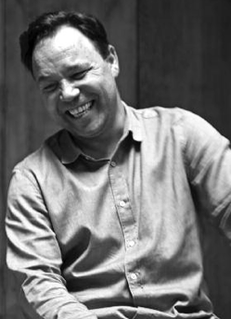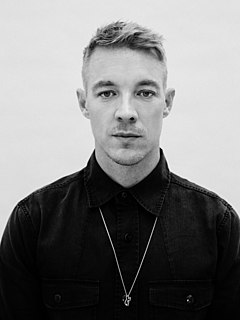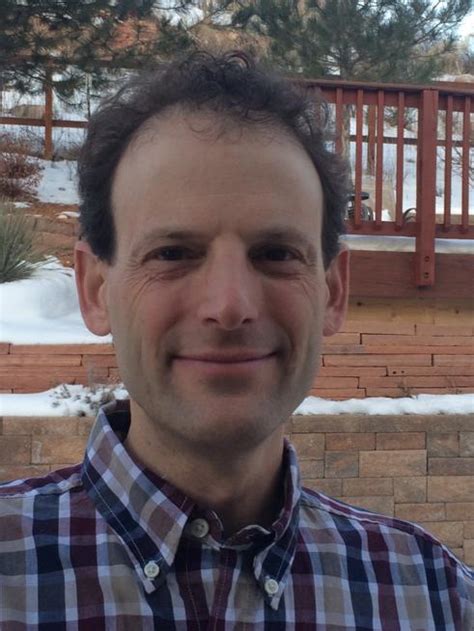A Quote by Julia Ormond
I'd say that kids working on sets, even if it's Bambi, need to be allowed to be kids, even if they're working, not become little adults - that to me can be distorting to kids as an experience.
Related Quotes
You don't need Little League. You don't even need nine kids. Four is plenty-a pitcher, a batter, and a couple of shaggers. You can play ball all day long. My kids used to try to get me out there, but I'd just say, "Go play with your brothers." If kids want to do something, they'll do it. They don't need adults to do it for them.
[E]verywhere I'm looking at kids, adults mostly don't seem to like them, not even the parents do. They call the kids gorgeous and so cute, they make the kids do the thing all over again so they can take a photo, but they don't want to actually play with them, they'd rather drink coffee talking to other adults. Sometimes there's a small kid crying and the Ma of it doesn't even hear.
Disney cartoons are all rated G. It's really funny. There are kids all over the world who still have complexes over Bambi's father getting shot by the hunter and Bambi's mother getting crisped. But that's the way it's always been. This is the sort of material that appeals to kids. Kids understand it instinctively. They grip it.
The StarTalks - while kids can watch them, they're actually targeted at adults. Because adults outnumber kids five to one, and adults vote, and adults wield resources, and adults are heads of agencies. So if we're going to affect policy, or affect attitudes, for me, the adults have always been the target population.
I was going to become a youth worker because I do voluntary work with the kids in the little village where I live. I make little films with them and stuff when I'm not working. I thought, I'll pack it in then and go and do something I love doing, and get a regular job because I've got two kids and a mortgage.
I was going to become a youth worker because I do voluntary work with the kids in the little village where I live. I make little films with them and stuff when I'm not working. I thought, I'll pack it in then, and go and do something I love doing, and get a regular job because I've got two kids and a mortgage.
My brother is severely autistic, so when I was a kid I spent a lot of time as a teenager in camps and programs for autistic kids. When I went to McGill as an undergraduate, I figured I'd be a therapist working with these kids. The truth is, and I knew this even back then, I'm just not good at this. I'm too empathic to do this sort of thing.
